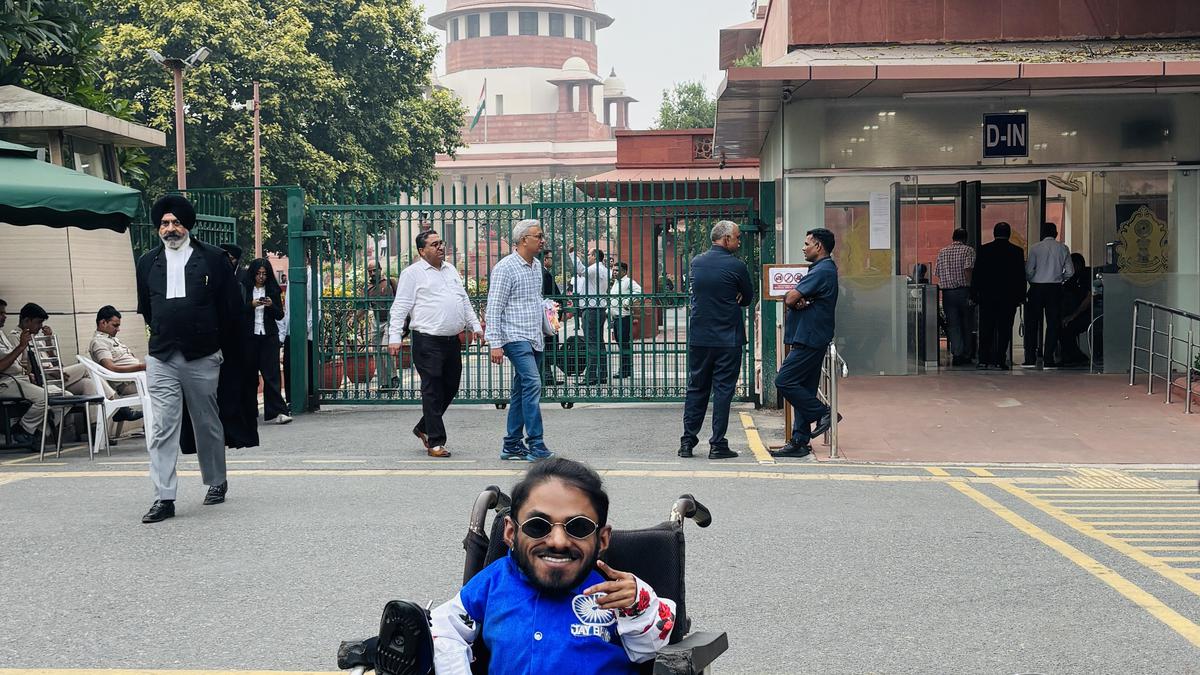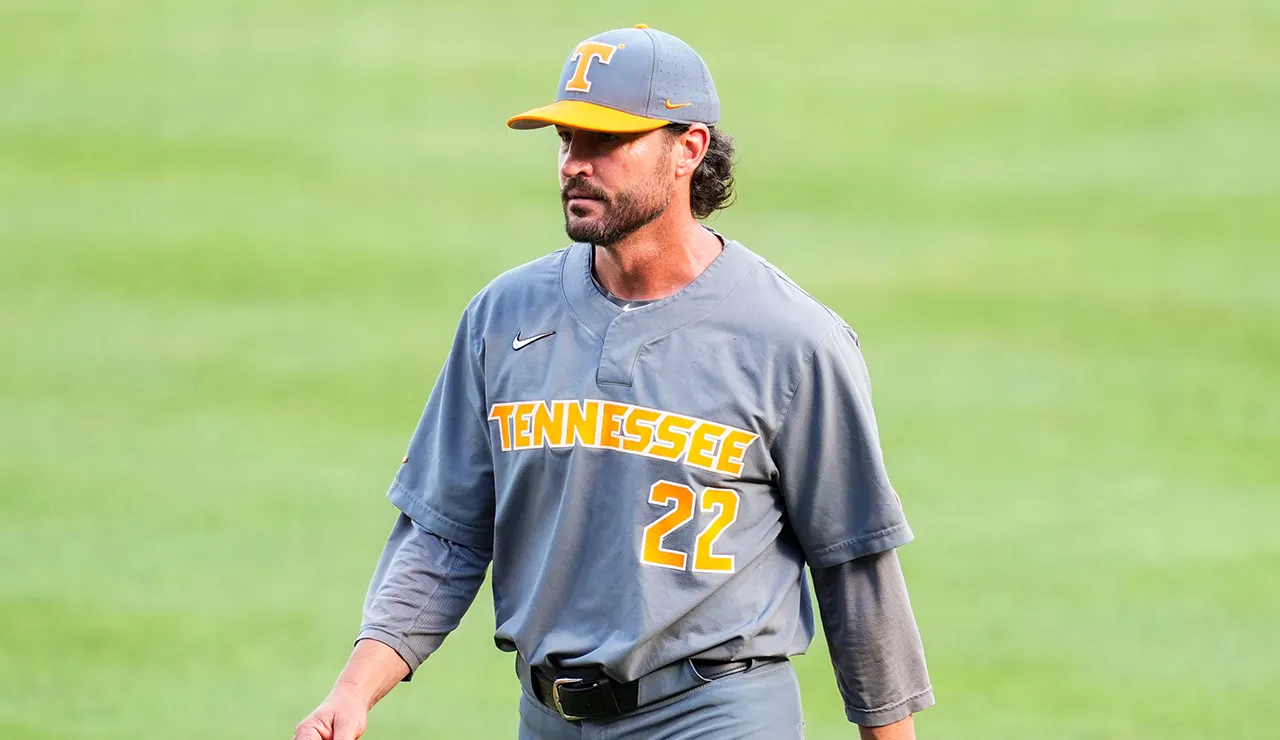Copyright thehindu

When his nomination for vice-president in the upcoming Jawaharlal Nehru University Students’ Union (JNUSU) elections was rejected on age grounds, 24-year-old Sandesh Shivkumar Sonkamble felt crushed. Living with osteogenesis imperfecta, a rare condition that makes bones fragile, Mr. Sonkamble is older than most of his batchmates due to years lost to disability-related challenges and delayed schooling. According to the Lyngdoh Committee guidelines, which govern student union elections nationwide, undergraduate candidates must be between 17 and 22 years old. The limit rises to 24-25 for postgraduate students and 28 for PhD scholars. That makes Mr. Sonkamble, a final-year BA student at JNU’s School of Language, Literature and Culture Studies, ineligible to contest. Unwilling to accept this as the end of his political aspirations, he has written to Vice-Chancellor (VC) Santishree Dhulipudi Pandit, appealing against the cancellation of his candidature and seeking an age relaxation for students with disabilities. “Differently abled people get age relaxation in education and employment. So, why not in the electoral process too? he said. ‘Bound by guidelines’ Mr. Sonkamble’s demand draws strength from the Rights of Persons with Disabilities (RPwD) Act, 2016, which mandates up to five years’ age relaxation in higher education for Persons with Benchmark Disabilities (PwBD), individuals with a disability of 40% or more, as certified by a medical authority. Similarly, Department of Personnel and Training (DoPT) rules allow a relaxation of 10 years in central recruitment, extended to 15 years for candidates from the Scheduled Castes or Scheduled Tribes. Ms. Pandit said the administration has no role in the JNUSU elections as it is conducted by the student-run Election Committee (EC). An EC member said they are “bound by the Lyngdoh Committee guidelines and the JNUSU constitution”, adding that the only way Mr. Sonkamble will get respite is by approaching the court. Osteogenesis imperfecta or brittle bone disease falls under the locomotor disability category. Certified with a 49% disability, Mr. Sonkamble has lived with over a thousand fractures since birth. Hailing from a Dalit family in Maharashtra’s Latur district, Mr. Sonkamble recalls how his parents delayed his schooling out of fear for his safety. “They were worried I might get hurt or that I would not fit in,” he said. Homeschooled for much of his early life, he completed his school education at 21. In his letter to the V-C, he explained: “The delay happened due to lack of awareness, my physical challenges, financial constraints, and social stigma.” Now, using an electric wheelchair, Mr. Sonkamble navigates JNU’s campus with relative ease and has made friends at the university, unlike his school experience. But even university life has not been without obstacles. He said a road accident in September 2023 set his studies back and forced him to repeat his first year. ‘Need representation’ For Mr. Sonkamble, the desire to contest the elections goes beyond personal ambition. “I don’t see students with disabilities in student unions, nor in the government. To raise our issues, we need to be represented first,” he said. Running as an independent candidate, his main agenda is to make JNU more accessible by ensuring ramps, lifts, and smoother pathways across hostels and classrooms. Currently, he lives in a hostel with the assistance of a caretaker, a relative, who helps him move around the campus. “For wheelchair users, JNU’s terrain can be tough. There are many ditches and bumps on the roads.” Mr. Sonkamble said. Undeterred by the rejection, he is now consulting lawyers to petition the court for an age relaxation policy for students with disabilities. While Mr. Sonkamble acknowledges that the November 4 election date is fast approaching, he says this is a battle worth fighting. “It might take time, but if we win, it will set a precedent for all students with disabilities across the country,” he added.



